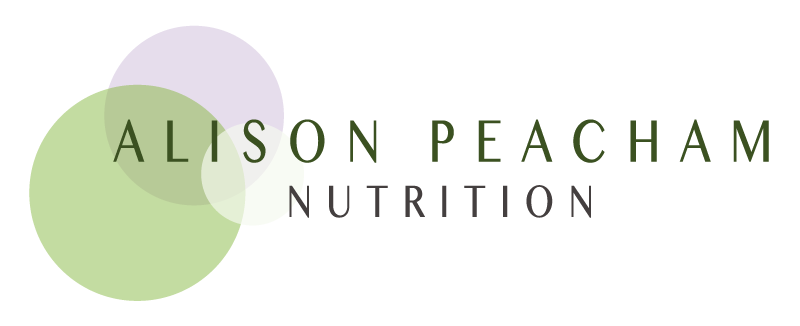Fuelling their focus and eating to calm down.
If you’re reading this, chances are you have a little whirlwind of energy at home who has a poor attention span, lack of concentration and hyperactive behaviour. They may or may not have met all the criteria for a formal diagnosis of Attention Deficit Hyperactivity Disorder (ADHD). Struggling with behavioural issues can be a rollercoaster ride, right? Well, I’m here to talk about how the right nutrition can help smooth out some of those twists and turns.
The Power of Nutrients
First things first; let’s talk about the superheroes of the nutrition world: nutrients that play a massive role in your child’s mental and physical development. When it comes to ADHD, some nutrients can make a real difference:
Omega-3 Fatty Acids: Did you know that 60% of the brain is made up of fat. Omega -3 fatty acids are your go-to fats for brain health and concentration and have a calming effect on many children. Fish like salmon, trout, sardines, and mackerel are rich sources. If your child isn’t a fan of fish, consider flaxseeds, chia seeds, or walnuts. Some children are unable to convert these fats effectively, which is where supplementation can be very helpful.

Zinc: Zinc helps with neurotransmitter function. Foods like lean meat, eggs, shellfish, dairy products, nuts and seeds, pulses and wholegrains are packed with it.

Iron: Iron is crucial for transporting oxygen to the brain, and a deficiency can affect focus. Encourage iron-rich foods like red meat, nuts, and seeds, leafy green vegetables, wholegrains, lentils, and beans.
Vitamin D: The sunshine vitamin! It plays a role in mood regulation. Ensure when possible, your child gets outside daily and offer fortified dairy products and fish.
B Vitamins: They’re the body’s helpers in mood boosting and turning food into energy. Load up on whole grains, leafy greens, nuts and seeds and lean proteins.

Magnesium: This mineral plays an important role in creating neurotransmitters including dopamine and can help with calming and focus. Interestingly deficiency symptoms of magnesium can cause anxiousness, feeling restless, excessive fidgeting, learning difficulties and insomnia. Find it in nuts, seeds, banana, avocado and leafy greens. Supplementing magnesium can be very beneficial as testing frequently shows that children are deficient.
Watch Your Sugar Intake: Excessive sugar intake can lead to energy spikes and crashes, affecting your child’s focus and mood. In some children sweet sugary foods promote hyperactivity and aggression.
Limit or avoid sugary drinks, sweets, and processed snacks. Instead, opt for wholefoods when those sweet cravings hit. Ensure your child’s intake of carbohydrates is balanced with protein, which helps stabilise blood sugar levels and prevents those rollercoaster rides. For instance, some nut butter with a piece of fruit or have fish or chicken with mash for dinner. The aim is a diet rich in protein, oily fish, fresh fruits, and vegetables. See my blog on fussy eating if you struggle to get your child to eat the good stuff.
Watch Out for Allergies: Now, allergies can cause all sorts of issues, including affecting ADHD symptoms. Common culprits include gluten, dairy, soy, and artificial additives. It might be a good idea to try an elimination diet to see if any of these are triggering symptoms in your child. But please, consult a specialist before making any drastic dietary changes.
The Gut Connection: The diverse strains of gut bacteria play an important role in creating neurotransmitters, including dopamine, which helps regulate mood and focus. Encourage happy tummy foods like probiotic yoghurt, kefir, and a small amount of kimchi to promote the growth of healthy bacteria.
Anti-Nutrients: Let’s not forget about anti-nutrients, the sneaky villains. These are substances that can interfere with nutrient absorption. They’re not always bad, but moderation is key. Some common ones include caffeine and tannins found in tea and fizzy drinks. For some children with ADHD, these can lead to jitteriness or sleep disturbances, so it’s worth keeping an eye on their caffeine intake.
A Holistic Approach: Remember, nutritional therapy is an important part of the puzzle. ADHD is a complex condition, and what works for one child may not be as effective for another. It’s crucial to work closely with an expert who can tailor a plan to your child’s specific needs. That’s where I come in. Book a FREE health and wellness call with me today and let’s talk through the approach to support your child with hyperactivity or ADHD. With lots of love, patience, and a holistic approach, you’re setting your child up for success!

